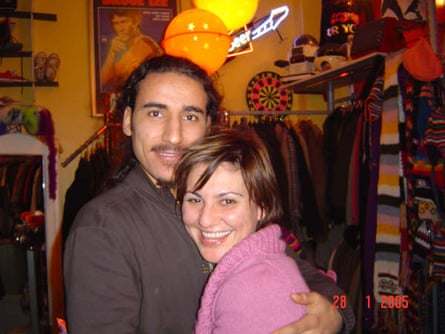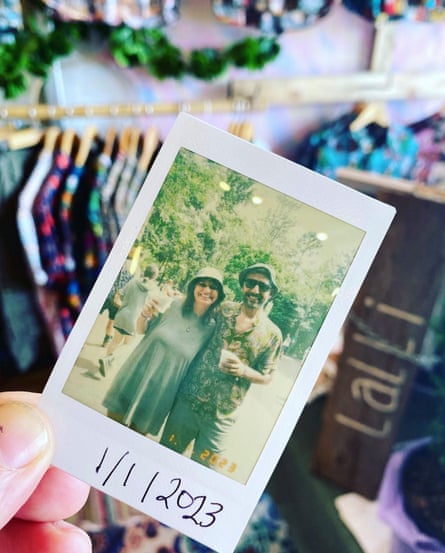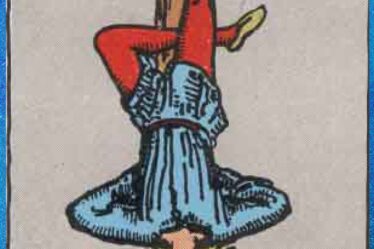
In 2004 I had just finished uni. I was leaving Australia to go around the world, supposedly for just one year. I’d promised my family that after that I’d come home, put my studies to use and get a job in HR.
My family was OK with me travelling, but they weren’t OK with me going to Turkey. My parents are Kurdish, and my father had left Turkey before I was born, in self-imposed political exile. But while I was staying in Spain, I had a friend who was in Istanbul. I thought: “I’ll just go there quickly.”
I met Baykal in the Turkish winter, through mutual friends. He worked in a vintage store that sold 70s stuff. While our friend was busy one day, I popped in to check out the shop. He spoke hardly any English, and my Turkish was bad. I only spoke what I’d learned from my grandparents, which was in an old dialect, not even modern Turkish. Yet somehow I stayed for five hours.
Five hours in the shop turned into three months in Istanbul. My parents weren’t happy.
We became so infatuated with each other that eventually Baykal stopped going to work at all. Neither of us had a job and staying together meant we needed money, but we really didn’t want to work.
We couldn’t stay in Istanbul, and we couldn’t leave each other. In the spring we hatched a plan to head to India. His friends had been before and it seemed like a good way to live cheaply and stay together, so we packed two pairs of fisherman pants – which I’d never even seen before I met Baykal and his housemates – a few T-shirts, and we headed to Goa. Just ran away.
Being with Baykal on that beach in Goa, I was the most comfortable I’d ever been. No money, no nothing, but I felt so free. India was a nightmare to begin with, but he was always so calm.
We were in India for nearly six months with one backpack between us. We didn’t have money to do any activities, so we just sat on the beach all day.
I was watching everyone else. They were on holiday; in summer dresses, drinking cocktails. There I was in these fisherman pants I’d only just learned existed, without even enough money to buy a cocktail. But I was so content with the situation and the position I was in. Nothing else mattered. I became the hippy I never knew I was.
Goa was the first time I’d even really seen that many hippies. Everyone was wearing these fisherman pants and living that lifestyle. After a few months travelling, we bought a new bag, filled it with as many hippy clothes as we could and headed to a town in south-western Turkey called Olympos to try to sell it. We sold everything that summer.
Then Baykal was called up for his mandatory military service and I came back to Australia.
My parents thought it was just a holiday romance; that he was after my passport. They wanted me to just get on with life in Australia. But they could see how in love I was.
When Baykal found a loophole that put his service off for two years, they relented and bought me a one-way ticket back to Turkey.

We had our son in 2010, and eventually built a house in Olympos, where we now own and operate a hostel during the summer. The rest of the year it’s the same as back then – following the seasons and the festivals, selling our hippy shit. Nineteen years later we’re still doing the same thing, travelling between India, Turkey and Australia. And people still love fisherman pants.
Falling in love back then was different. There was no social media, just internet cafes. We could just disappear and find ourselves. We were so young and had so little baggage – figuratively and literally. But I still have the same feeling now. No matter where I am in the world, when I’m with him, I’m home.



